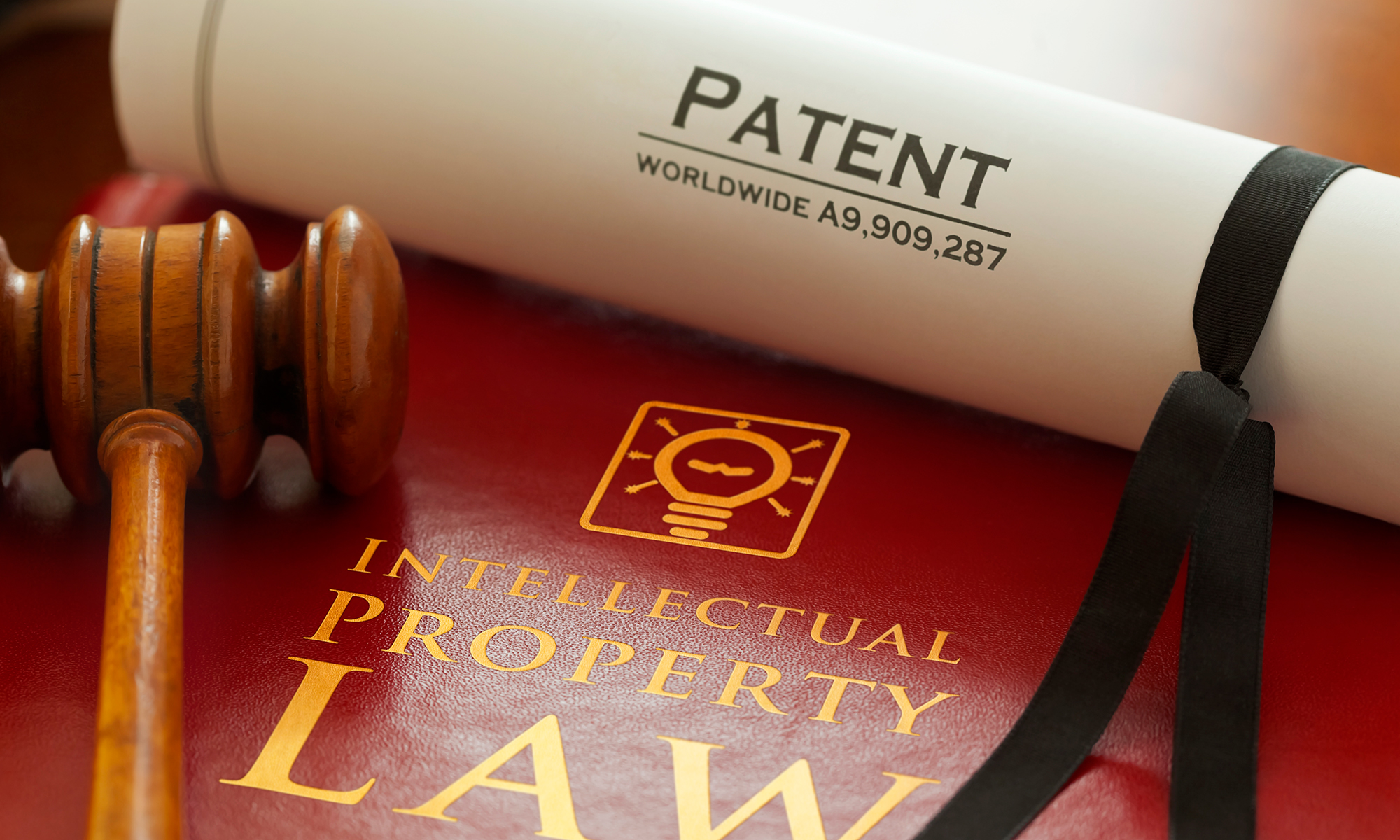A recent decision at the PTAB highlights one of the difficulties faced by parties and practitioners before the Board: the potential for conflicting decisions in a forum where almost nothing is considered precedential.
Earlier this month an expanded panel re-visited the question of whether a Petitioner may join its own previously-instituted Petition for Inter Partes Review. Consistent with earlier decisions, this expanded panel concluded that so-called “issue joinder” (the same party joining new issues to an instituted petition) is permissible under 35 U.S.C. § 315(c). Zhongshan Broad Ocean Motor Co., Ltd. v. Nidec Motor Corp., IPR2015-00762 (PTAB October 5, 2015) (Paper 16). For a more in-depth discussion of issue joinder, see our previous post here.
Although this expanded panel reached an interpretation of § 315(c) that is consistent with prior panels, a review of this case shows the potential for conflicting decisions at the PTAB and the difficulties parties will face in overcoming those decisions.
Petitioner Zhongshan filed its first petition in July 2014 asserting two grounds of invalidity. One of those grounds was denied institution because Zhongshan had failed to provide a translation affidavit as required by 37 C.F.R. § 42.63(b). Zhongshan tried to cure this defect as a clerical mistake under 37 C.F.R. § 42.104(c), but that effort was denied. However, despite denying institution on the ground using the translation, the first petition was instituted on the other ground in January 2015.
Zhongshan then filed a second petition in February 2015. The second petition asserted the same, uninstituted ground as the first petition and provided the required affidavit. Since this second petition was filed after the one-year statutory bar date of 35 U.S.C. § 315(b), this second petition could only be instituted if joined to the first petition. Zhongshan thus filed a motion to join its second petition to its first petition.
Similar motions for joinder had been granted by other panels at the PTAB. However, the original three-member panel reviewing Zhongshan’s second petition and motion for joinder decided to re-evaluate the statutory language of § 315(c) to see whether issue joinder was permissible. Answering in the negative, this original panel denied Zhongshan’s motion for joinder and denied institution of the second petition.
Zhongshan was left to file a request for rehearing and had the heavy burden of showing an abuse of discretion by the original panel in order to revive its second petition. In its request for rehearing, Zhongshan was able to cite the following evidence in support of its position that issue joinder is permitted under § 315(c):
(1) a previous expanded, seven-member panel decision holding that issue joinder was permitted (Target Corp. v. Destiny Maternity Corp., IPR2014-00508 (PTAB Feb. 12, 2015) (Paper 28));
(2) at least five previous decisions, including one that the PTAB has designated “informative,” which permitted issue joinder; and
(3) the USPTO’s own position – pulled from an Intervenor Brief filed by the USPTO at the Federal Circuit – that “the Board has consistently held [that] it . . . has the discretion to join IPR proceedings, even if § 315(b) would otherwise bar the later-filed petition, and even if the petitions are filed by the same party.”
The expanded panel reviewing Zhongshan’s request for rehearing agreed that ignoring this evidence led the original panel to “an improper construction of § 315(c)” which amounted to an abuse of discretion. When granting Zhongshan’s request, the expanded panel didn’t even bother to re-perform any statutory analysis of § 315(c). Instead, the expanded panel merely concluded that issue joinder was permissible under § 315(c) “for the reasons explained by several majority opinions in prior decisions by the Board.”
Although the expanded panel in Zhongshan reached an outcome consistent with earlier cases, the facts of this case are a reminder that there are few, if any, “routine” issues at the PTAB. In the face of earlier decisions allowing issue joinder, this question would be considered “settled law” in most other forums. Indeed, the expanded panel eventually treated the question as settled law by merely citing to earlier statutory analysis performed by other panels in other cases. But the original panel’s decision to deny issue joinder is a reminder that without precedential decisions the concept of settled law at the PTAB can be elusive, leaving a very real possibility of conflicting decisions among panels.
Relevant Documents:
IPR2014-01121: Paper 1 (First Petition), Paper 17 (Motion to Submit a Corrected Exhibit), Paper 20 (Decision – Institution of IPR).
IPR2015-00762: Paper 3 (Second Petition), Paper 12 (Decision Denying Institution of IPR), Paper 13 (Motion for Rehearing), Paper 16 (Decision Granting Rehearing and Institution of IPR).
